Using nature as a pathway for better mental health: Matt Tripet Q&A
6 years ago, Matt Tripet lost his close friend and brother-in-law Justin to suicide. That was the fire in the belly that gave him the idea to start the Fly program, which is an early intervention program that uses the great outdoors and recreational fly fishing to alleviate some of the pressures Australian men seem to be under.
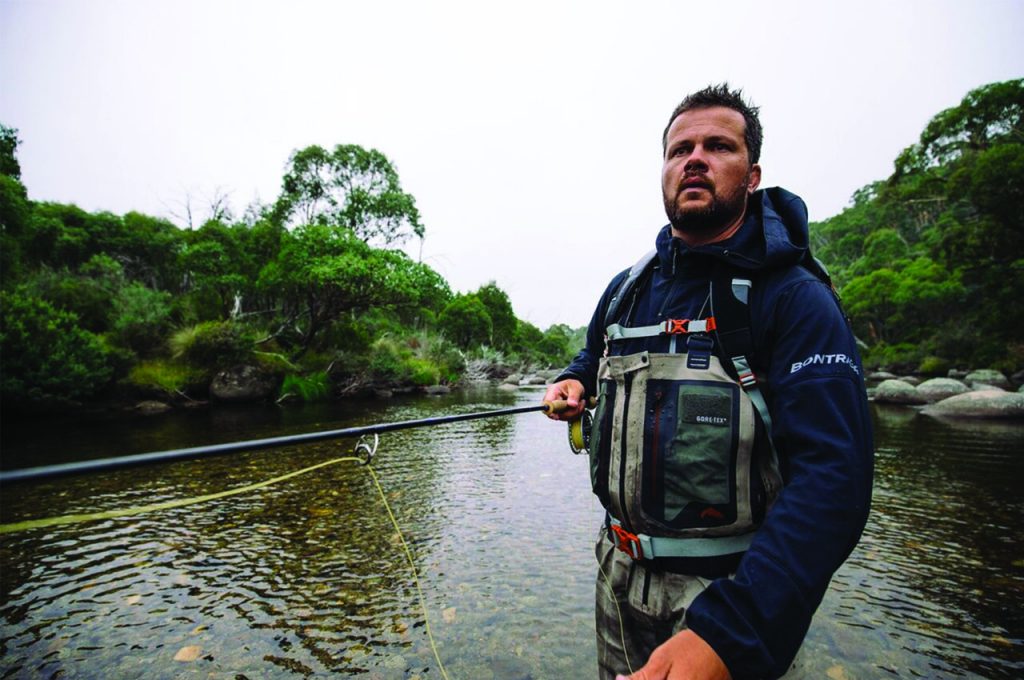
The Fly program was registered as a National Charity by the Australian charities commission in 2013, shortly after Justin’s death.
Tripet starts the program by taking adult men deep into the heart of the Kosciusko National Park. Phones are left in cars at the beginning and you are advised to pack all that is required in just a single backpack. Just you and your surroundings.
I took the time to sit down with Matt and chat about why he believes that the great outdoors can reignite the souls of struggling men.
Q: What got you interested in the great outdoors?
A: My love for the outdoors was born when I was a little tiny tacker. Pretty much as soon as I could walk, my dad, my brothers and I would be up in the hills every weekend. Whether that be for hunting, fishing or bush walking, that was my life. I suppose it’s a connection for my family, it connects me to my roots and at the same time it is kind of spiritual. It’s something that enables me to find a great deal of peace within myself and the people around me whenever I am out there. On every level it is something important to me.
Q: How do you think something like the great outdoors can affect men’s mental health?
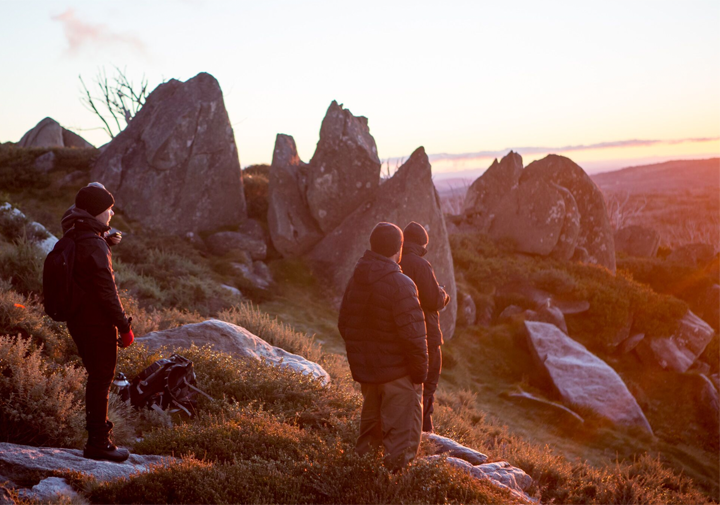
A: For around 8000 years, Asian communities have done this thing called nature bathing. They would take stressed out people into the wilderness for them to come back rejuvenated. We have conducted research with the University of Canberra that things like recreational fishing and mountain bike riding are the highest visited recreations Australia wide. Majority of the patrons for those activities are men. Men are also the most guilty of not reaching out when they are stressed or have anxiety in their lives and so I feel we can use these activities to bridge the gap where men feel safe when they have a fishing rod in their hand or sitting around a campfire. It’s clinically proven that adversity in the outdoors engages those primal instincts in Australian adult men and is a strong pathway to providing them with reprieve and support for some of the issues they may face in their lives.
Q: What kind of adversities do you put these men under throughout the program?
A: Guys face adversity in their lives quite like you would in the outdoors. Whether that be the rain, the heat, or it be an early morning. I suppose any opportunity we can force adversity in to the program in a physical context is great. This may even be as simple as cooking their own meal over an open fire and for a guy that’s lived their life in the city, that’s a pretty intimidating prospect. Things like sleeping in a tent or under the stars can also be very intimidating, but it is a lot about removing the distractions and comfort zones that they are used to using in everyday life and I guess engaging their primal instinct to be one with nature, rather than to be an observer.
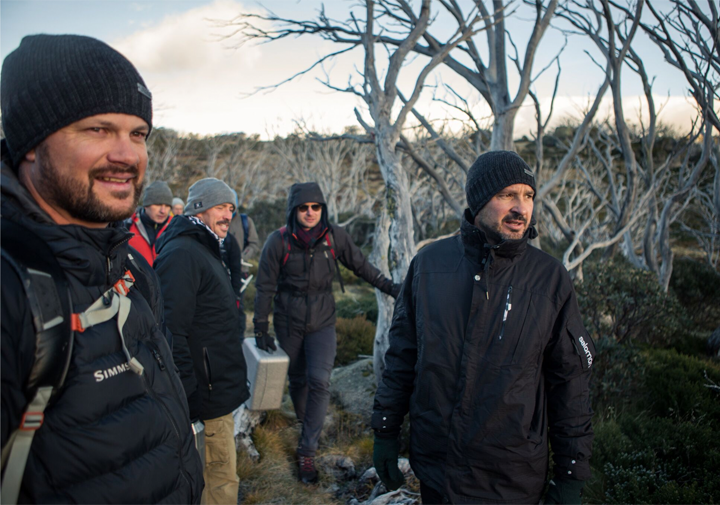
Q: What activity do you think taps into that primal instinct the most?
A: Every program we get the boys up at 2:30am for a morning hike. There’s a bit of sleep deprivation, cold conditions, and even a bit of hunger. We want these guys to use this adversity you find in nature as a narrative for the adversity that you may be facing in the real world, whether that be around a stressful job, relationship problems or whatever it may be.
Q: What were your personal experiences with mental health?
A: I have never been diagnosed with anything like that. But in hindsight I certainly have suffered through some form of PTSD. More self-diagnosed. I’ve always been a very stoic individual, have been in a lot of leadership roles. I feel my leadership is driven by wanting to show my capabilities and my strengths and facing straight into adversity. I have definitely faced some mental challenges which came at me pretty hard and fast. Through my employment I faced some really big challenges.
Q: What were some of the challenges?
A: I have lost two guys where I was just in the wrong place at the wrong time. I tried to save their lives, but neither occasion I was successful. One was in the ocean and one was in the ski fields. They were things I could not control, but I was exposed to these things and I was the one doing the CPR. That stoic nature of myself was ripped out of my chest because I could not help them. There was a lot of self-doubt for me and there are a lot of sights and sounds, tastes and touches that I can still feel today having been through those experiences. That made me feel uncomfortable about whether I could still make an impact on my life.
Q: That on top of the death of your brother-in-law Justin must have been tough. What keeps you going?
A: Somebody who was huge in helping me was obviously my wife. I wouldn’t be where I am today if it wasn’t for her. It also fills my heart full of purpose to know that I have the opportunity to change the outcomes for people in our community. I know that we have done that, but we have still a lot more people to influence.
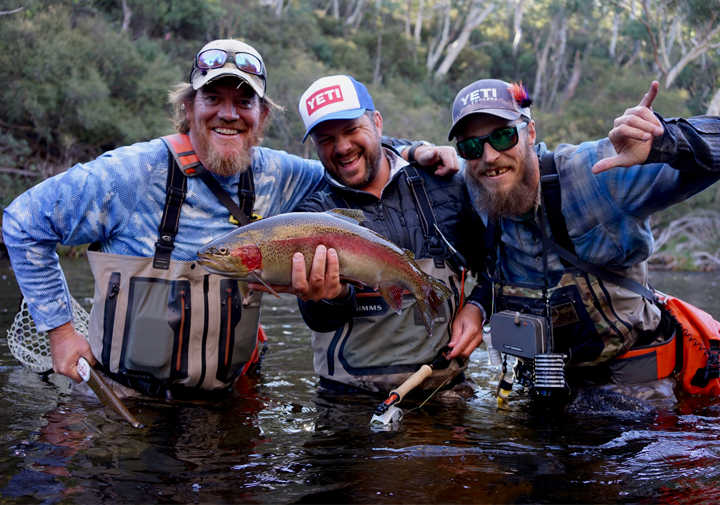
Q: What is it about fly fishing that benefits these men?
A: The benefits are endless. Fly fishing has the opportunity to take you to some of the most beautiful locations in the world. When you’re standing in the middle of a river, it is generally the location that is the hero. One of the most important things I think about fly fishing is that we live in a society where we want instant gratification. We want approval from things immediately. For example, getting a like on social media. We enjoy the instant gratification from things that builds up our self-esteem. In retrospect, it is actually diminishing real values. Fly fishing is a process driven activity, so if we think of the outcome it is going to fail. Ruins our cast, can’t hunt that piece of water in the way it needs to be hunted. If we just think about catching the fish, it will never work. But if we break down the process, we are more connected with our surroundings. It teaches us that we should be process driven individuals. As process driven individuals I think it helps us connect to our values and discover what our real values are as men in our society.
If you or anyone you know are experiencing mental health issues please contact Beyond Blue on 1300 22 4636 or Menslink on 02 6287 2226.
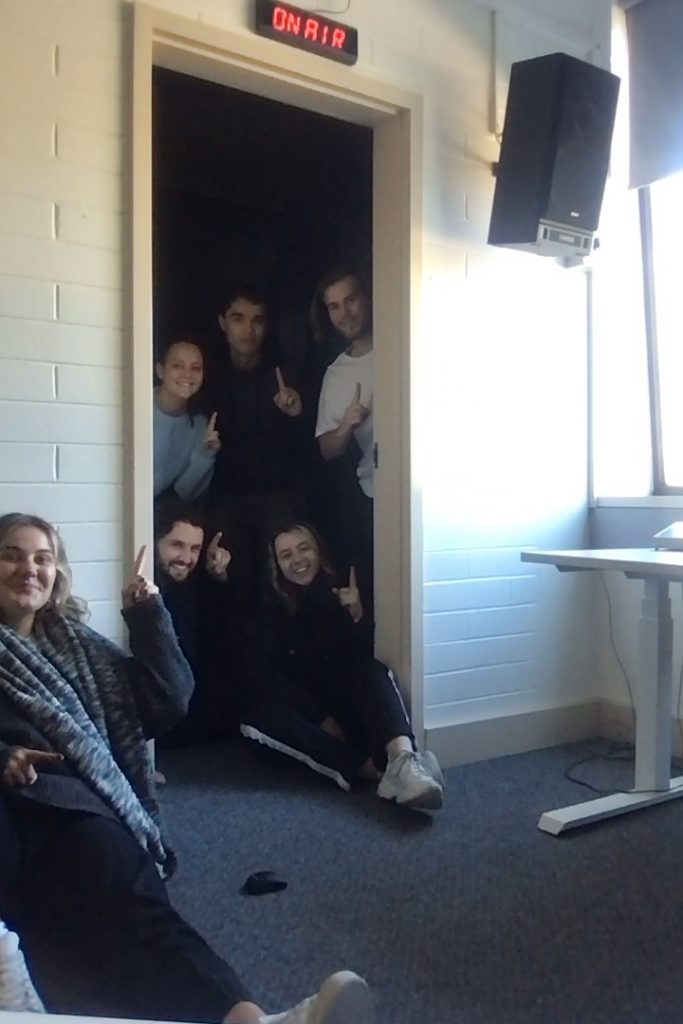

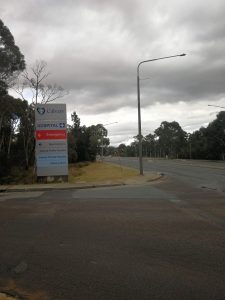

Be the first to comment!